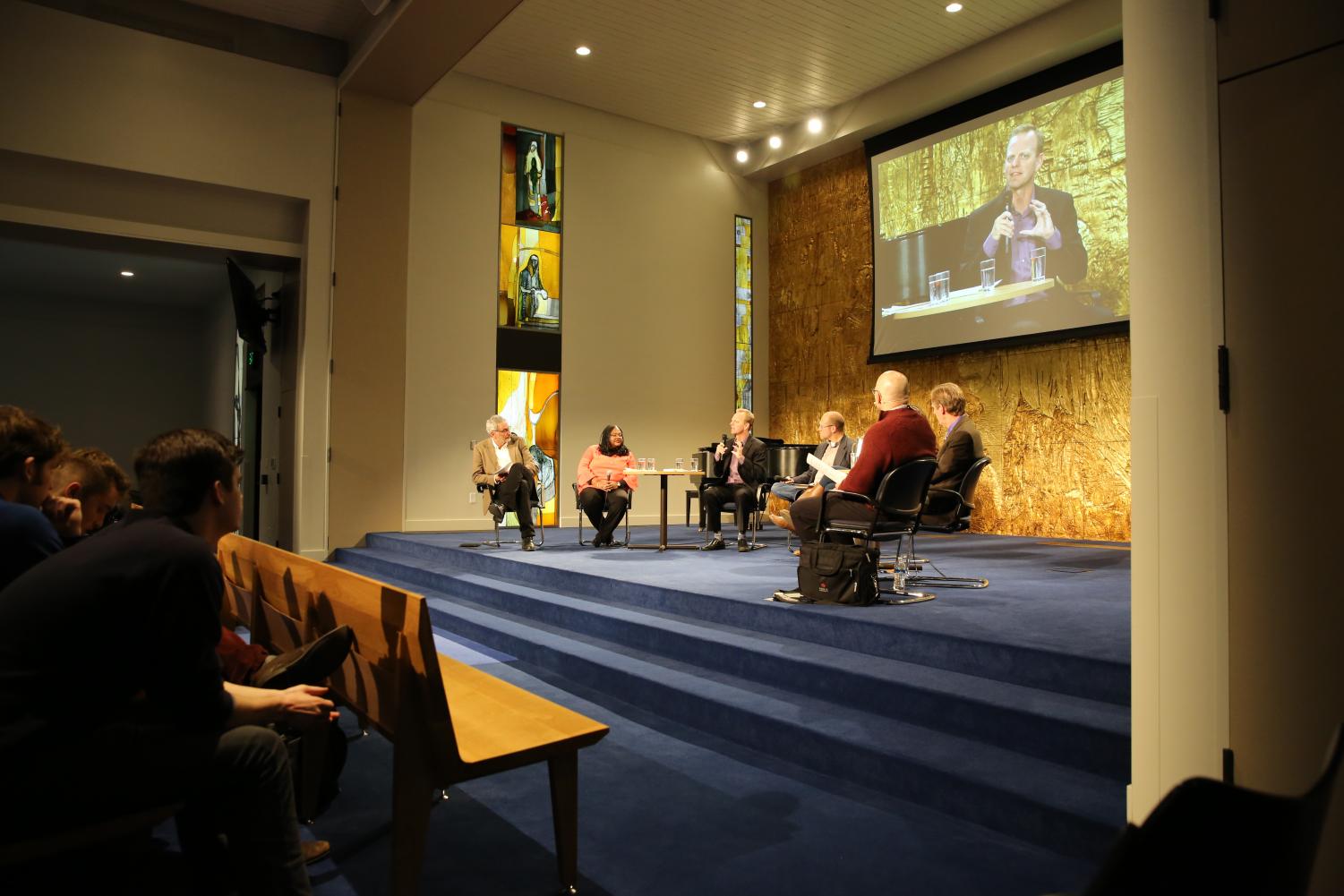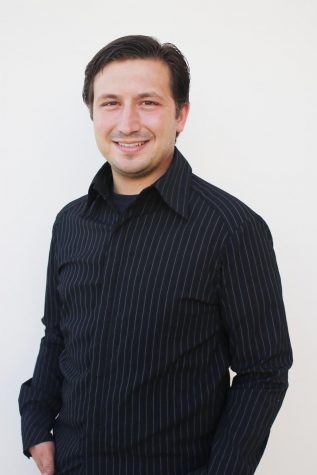April 9, 2018 marked the first Duologue, Biola’s new initiative to produce “a series of constructive conversations on polarizing perspectives,” which promises to be “a spirited public exchange” that has, since its inception, involved either a pair or a panel of Biola professors and Talbot School of Theology faculty. The aims are noble and the timing impeccable. The current political climate is perhaps matched by only a few times in Biola’s past, and the conversations between progressive and conservative faculty and students could not be more incendiary.
However, despite good intentions and noble aims, the Duologue has descended to a form of candy-coated treats that wrap conflict in so much affirmation and assurance of commonality, that it leaves little time to address conflict. The Duologue, to be successful, must set aside the awkward pleasantries found in a prologue longer than the book, and cut to the chase. If Biola professors desire to preach humility in conflict, they must cut deep into the conflict and show us their humility.
THE IMPORTANCE OF THE DUOLOGUE
The importance of the Duologue cannot be stressed enough. In an age of social media and “big city” life, living in a bubble is an almost unconscious act. You can friend who you want, and unfriend who you dislike; hang out in parts of a city you enjoy, and avoid parts of a city you hate. Our desire to experience good things lead us to avoid anything we dislike—and the process unfortunately leads us to isolate ourselves from the rewards and growth found exclusively in wading waist-deep in muddy and bloody conflict.
We live in a time at Biola when this conflict has seeped deep behind the curtain of the classroom. There are professors on both sides of the theological and political spectrum. The students at Biola and Talbot have not been fooled by the silence on certain topics. The Duologue has served as an incredible platform to invite faculty and students to engage in the “spirited public exchange” which is taking place around campus and around this Biolan island.
HOW THE DUOLOGUE MUST BE IMPROVED
However, the Duologue must be improved to ensure its impact is made.
Consider the United States’ legal system. When a prosecutor and defendant stand before a judge and jury, neither begin by serenading the glories and benefits of the United States’ judicial system. They cut to the conflict with a scalpel and employ all of their abilities toward their end. The prosecutor has done his due diligence to employ all of his resources and abilities to prove the defendant is guilty. Likewise, when it is the defendant’s turn to respond, he skips the pleasantries of the United States’ judicial history and employs all of his abilities to prove the defendant is innocent. In the clash of conflict, a jury is persuaded and a verdict eventually produced.
When considering Biola and Talbot faculty, we are considering experts in their field—years and, in some cases, decades of experience. And the distinctive for our faculty is that this experience ought to be demonstrated through both their academic rigor and pursuit of the Christian life. The Duologue, like our judicial system, should not be wholly occupied with reflecting on the general glories of our commonality in Christ and the humility by which are called to live. Allow us, as a Christian university, to assume those glories and press onward to living that out for the students. Bring the years of academic precision and prowess to bare and show us how such excellences can still be achieved with the humility and love of our Christian calling.
But some will argue that the United States’ legal system analogy breaks down. Lawyers are liars and, on the best of days, cut-throat psychopaths. In some regards, this is accurate. However, in other regards, this is an excuse without substance. The distinction between a secular version of a duologue and a Christian one should not reside on the content and quality of our arguments but the content and quality of our character. Show us the conflict, but, more importantly, show us the humility amid that conflict.
THE GOAL OF THE DUOLOGUE
The Duologue is an excellent platform to discuss the conflicts within the ranks of our own university. Is capitalism the morally best system? Has spiritual formation become too charismatic and do cessationists have a response? Does the current social justice movement undermine Christian values? When electing a politician, do you vote for the lesser of two evils or withhold your vote until the right person comes along? The Duologue has an incredible opportunity to put Christian scholarship and virtuous living on display for their student body. However, if the trend continues, it may devolve finally into just a candy-coated talk from which the Duologue was created to dispel. To quote the Cromulons from Rick and Morty, “Show me what you got!”








